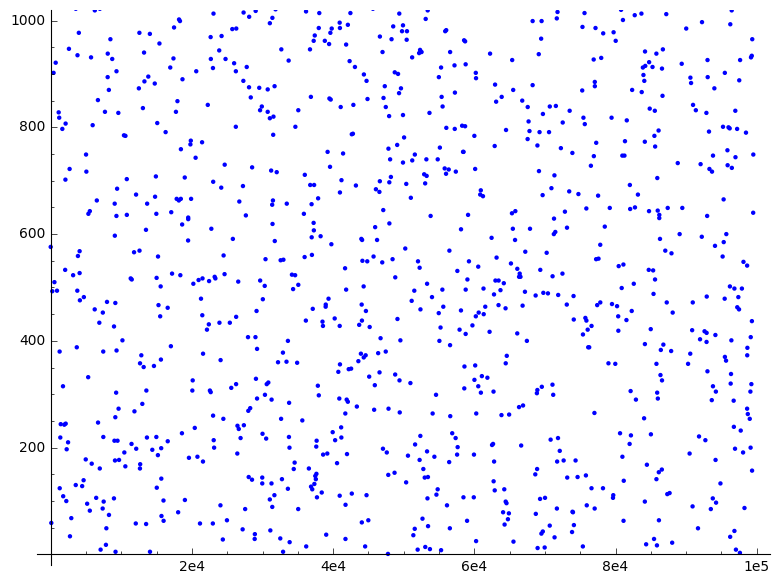The problem of applied machine learning techniques on serious ciphers is that you don't have some good property like continuity which tells you when you are too far, a bit far or close to your solution. Take a look of this polynomial curve over a finite, How do you get the order of this polynomial based on the shape of this graph?

By the way, block ciphers like AES are very indistinguishable from true random functions. Therefore, they leak almost no information. I think that in order to train any type of neural network architecture, you would require an enormous amount of input and output data to model a pseudo-random construction. It is practically as expensive as a brute force attack.
